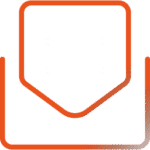Decriptare i file dal ransomware Yqal
Possiamo recuperare i dati criptati dalla maggior parte delle estensioni di ransomware su qualsiasi dispositivo di archiviazione
- VMware ESXi
- Microsoft Hyper-V
- Microsoft SQL Server
- Firebird
- Oracle
- VMware ESXi
- Microsoft Hyper-V
- Microsoft SQL Server
- Firebird
- Oracle
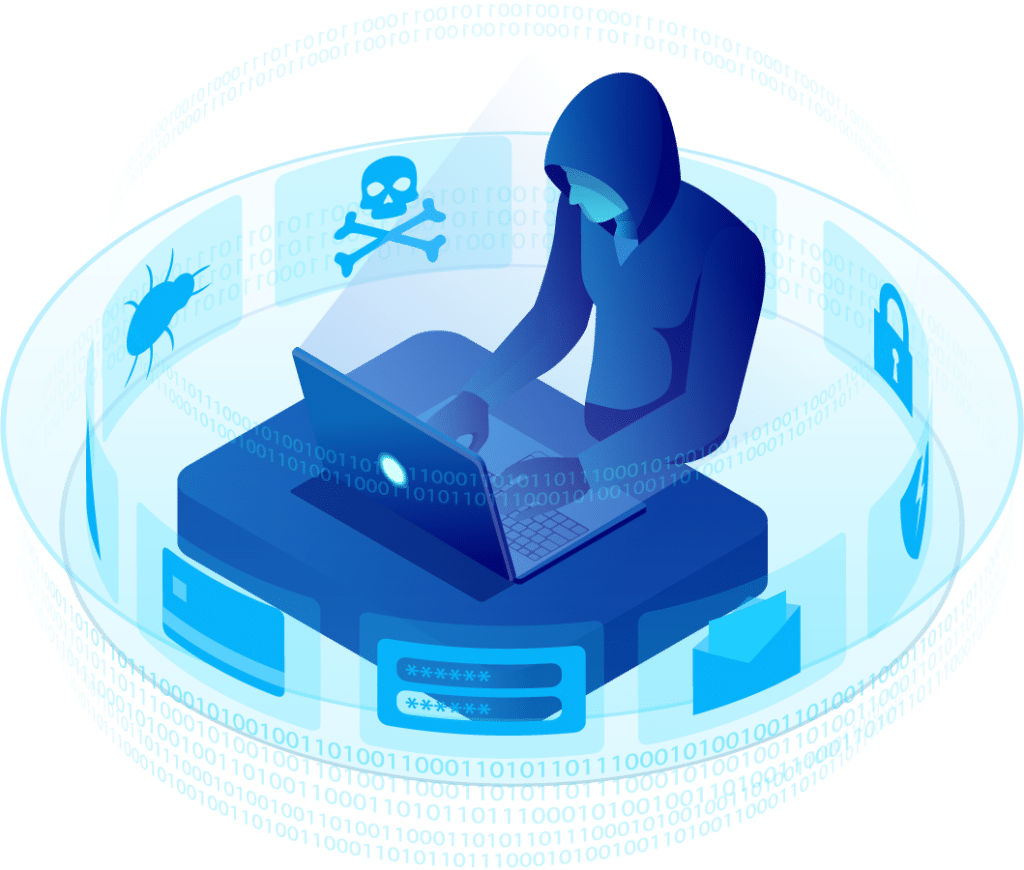
SERVIZI IN TUTTO IL MONDO
CASI DI ATTACCO LOCKBIT
CASI DI ATTACCO BLACKCAT
CASI DI ATTACCO DI HIVE LEAKS
CASI DI ATTACCO DI MALLOX
CIFRA RISPARMIATA SENZA TRATTATIVA CON GLI HACKER
Decriptare i file dal ransomware Yqal
Con le nostre soluzioni uniche, il recupero dei file crittografati da Yqal è diventato possibile.
Di fronte a un evento così disastroso, si possono fare poche cose, soprattutto se i backup sono stati compromessi o non sono aggiornati. Il numero di imprese fallite dopo aver subito un attacco e aver i dati criptati ha raggiunto cifre da capogiro.
In molti casi di Yqal, anche dopo il pagamento del riscatto richiesto, i criminali non inviano la chiave di decrittazione necessaria per ripristinare i dati criptati. In tali circostanze, non esiste un’autorità superiore a cui rivolgersi per ottenere assistenza.
Digital Recovery offre soluzioni di decriptazione dei file colpiti da ransomware, offrendo una soluzione preziosa in un mercato in cui questo tipo di attacchi sta diventando sempre più comune. Negli ultimi anni, abbiamo risolto con successo un numero elevato di casi di ransomware Yqal.
Perché la Digital Recovery?
Con oltre 23 anni di esperienza, abbiamo accumulato clienti soddisfatti in tutto il mondo, possiamo eseguire le nostre soluzioni da remoto, abbiamo un servizio clienti multilingue.
Con l’aumento degli attacchi ransomware Yqal nel mondo, ci siamo specializzati nella decrittazione dei ransomware. Abbiamo sviluppato una soluzione unica che può essere applicata alla stragrande maggioranza dei dispositivi di archiviazione, che si tratti di macchine virtuali, sistemi RAID, storage (NAS, DAS, SAN), database, server e altro.
I nostri specialisti sono altamente qualificati e utilizzano le ultime tecnologie nel mercato del recupero dati, la principale delle quali è TRACER, la nostra tecnologia che ci ha permesso di ottenere tantissimi casi di successo nella decrittazione dei file ransomware Yqal.
Offriamo una diagnosi avanzata che ci permetterà di capire l’entità dell’attacco, questa prima diagnosi può essere fatta entro le prime 24 ore lavorative. Dopo questo processo, forniamo l’accordo commerciale e, una volta accettato, iniziamo il processo di decriptazione dei file.
Tutte le nostre soluzioni sono supportate dal Regolamento generale sulla protezione dei dati (GDPR), grazie alla quale offriamo una sicurezza totale ai nostri clienti. Forniamo anche un accordo di riservatezza (NDA) sviluppato dal nostro ufficio legale, ma se vi sentite più a vostro agio nel fornire un NDA sviluppato dalla vostra azienda, siamo aperti ad analizzarlo e accettarlo, se necessario.
Siamo
sempre online
Compila il modulo o seleziona la forma di contatto che preferisci. Ti contatteremo per iniziare a recuperare i tuoi file.
Storie di successo
Cosa dicono di noi i nostri clienti
"Abbiamo avuto un grave problema dopo un'interruzione di corrente di un server NAS in Raid 5. Ho contattato immediatamente DIGITAL RECOVERY. Dopo alcuni giorni di duro lavoro il problema è stato risolto."
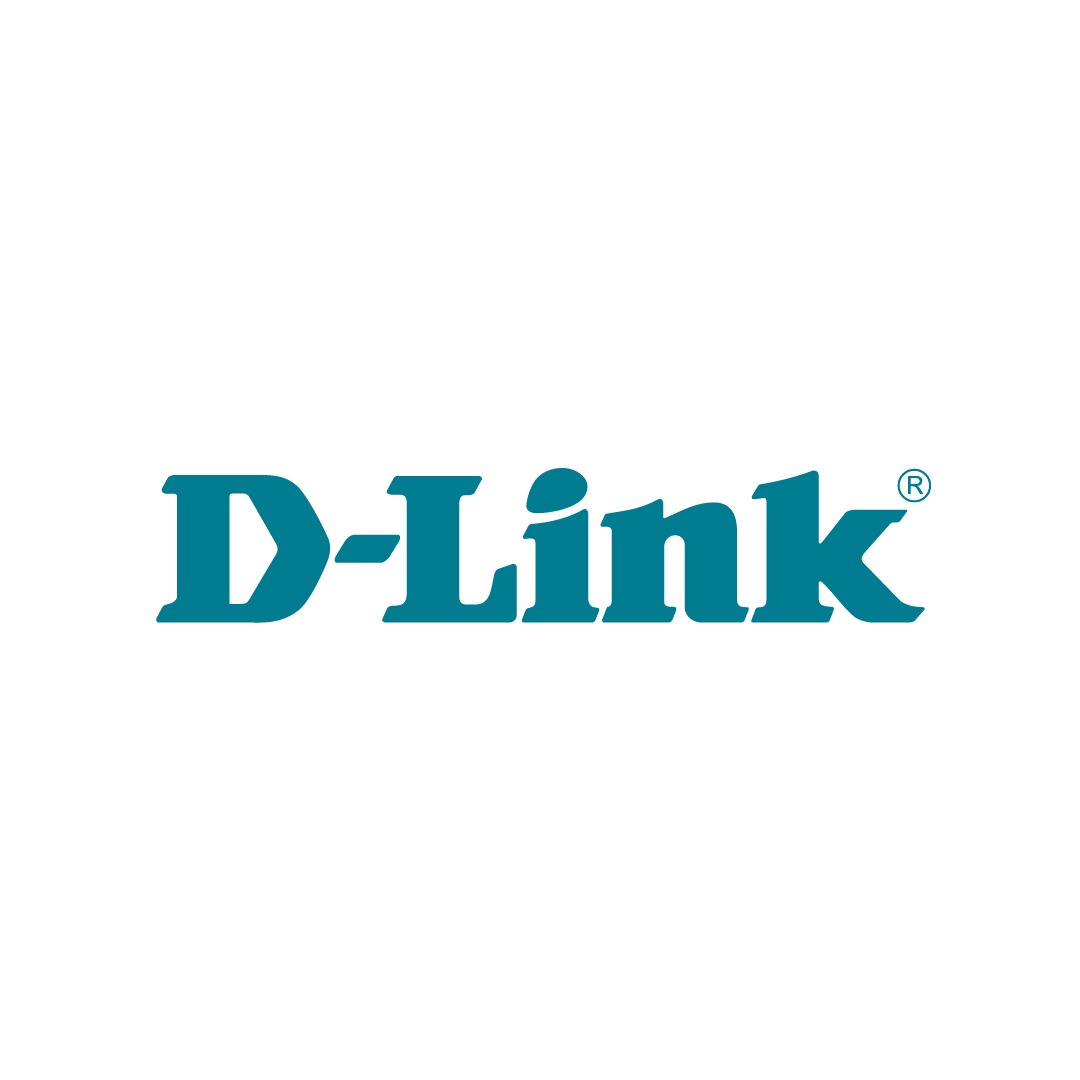
"Uno dei nostri server raid si era fermato. Dopo vari tentativi senza risolvere il problema abbiamo trovato DIGITAL RECOVERY e 5 ore dopo, alle 4 del mattino, i dati sono stati recuperati."
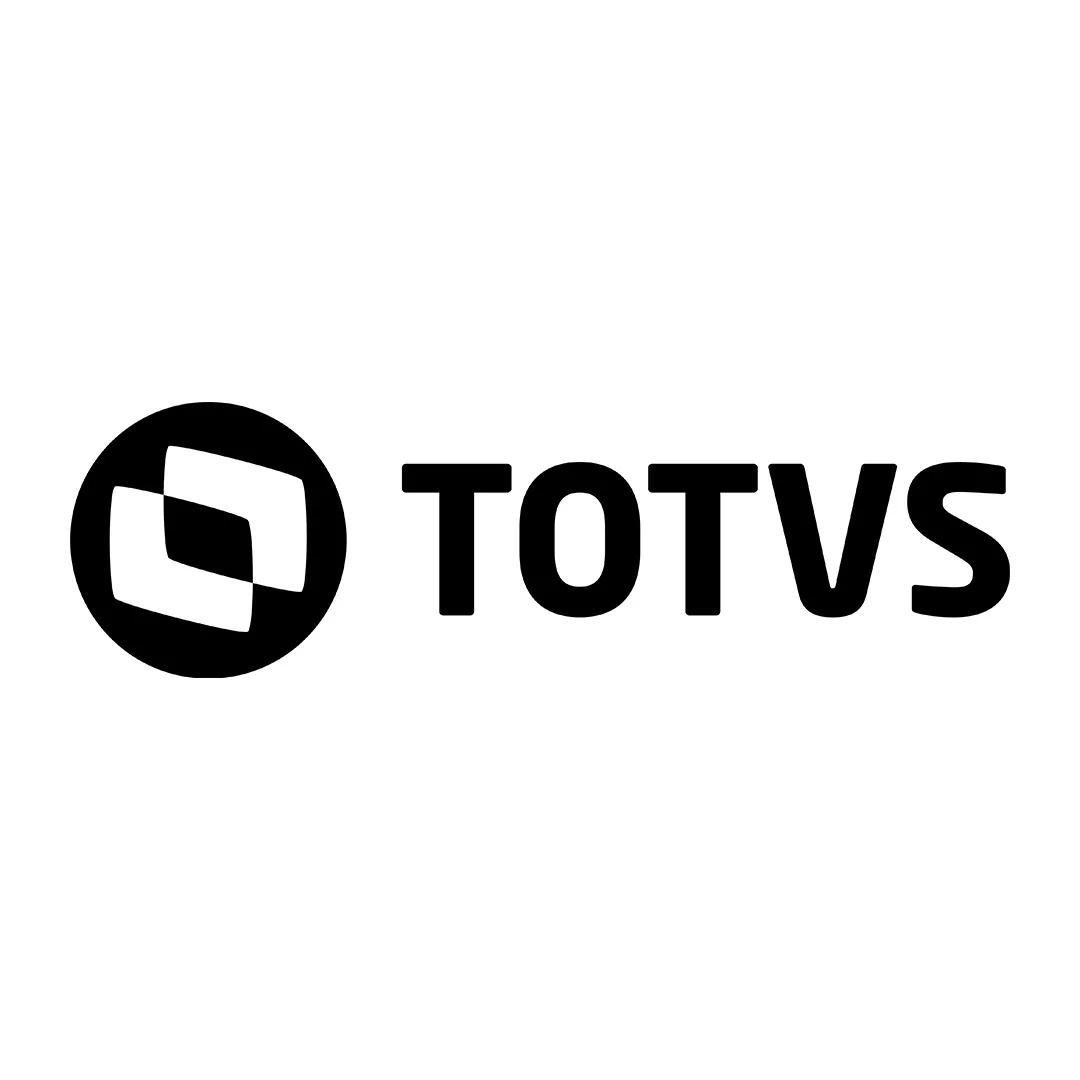
"Abbiamo incaricato DIGITAL RECOVERY di un caso particolare (di perdita di dati) in uno storage raid 5. Digital Recovery ha recuperato i 32 milioni di file del cliente lasciandolo estremamente soddisfatto."

"Senza dubbio la migliore azienda di recupero dati dell'America Latina. Il contatto Digital Recovery sarà sempre salvato sul mio telefono, perché inevitabilmente ne avrò di nuovo bisogno."
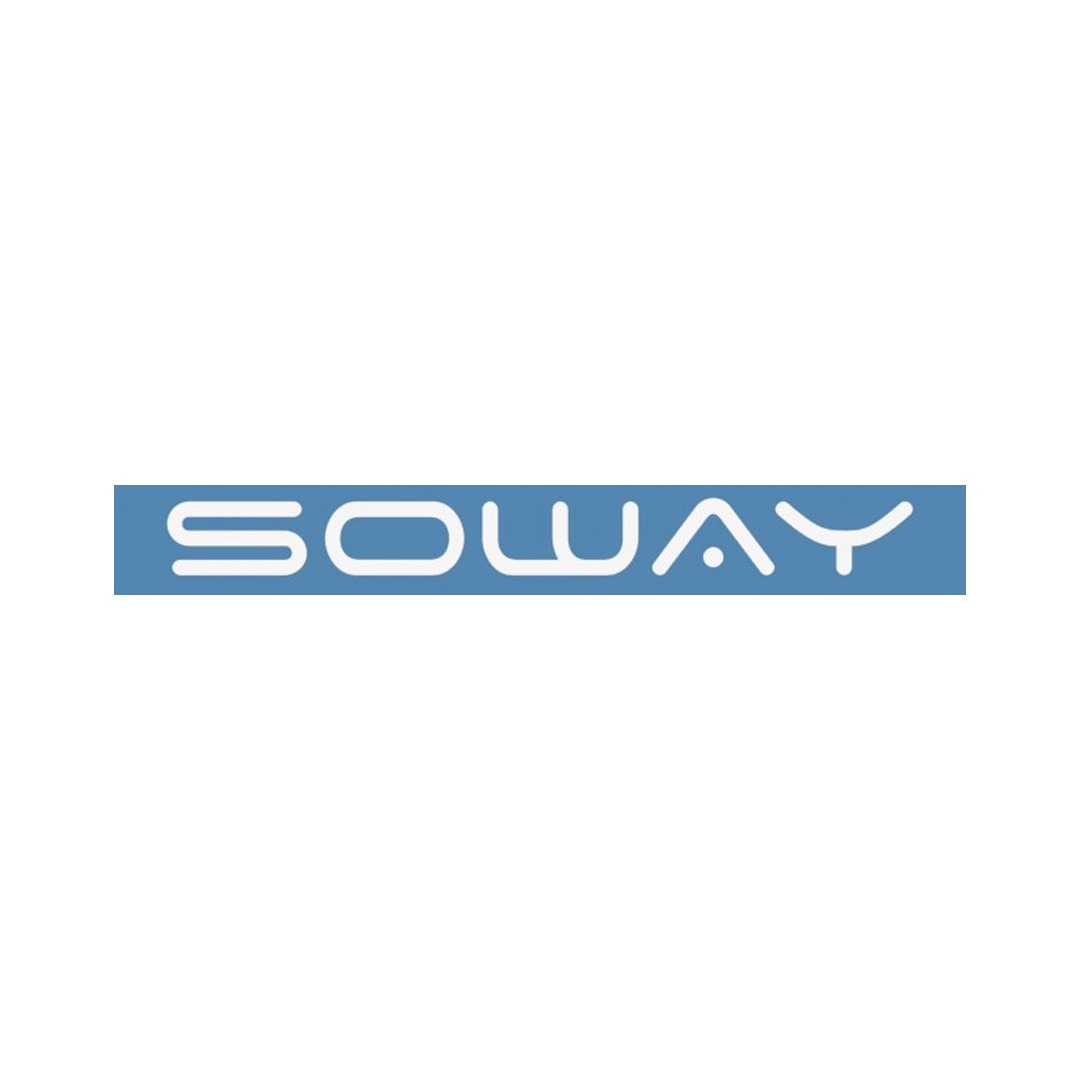
"La qualità del servizio è eccellente. L'attenzione al servizio clienti è gratificante e il feedback che riceviamo ci rassicura sulla fiducia nel lavoro e nella dedizione."
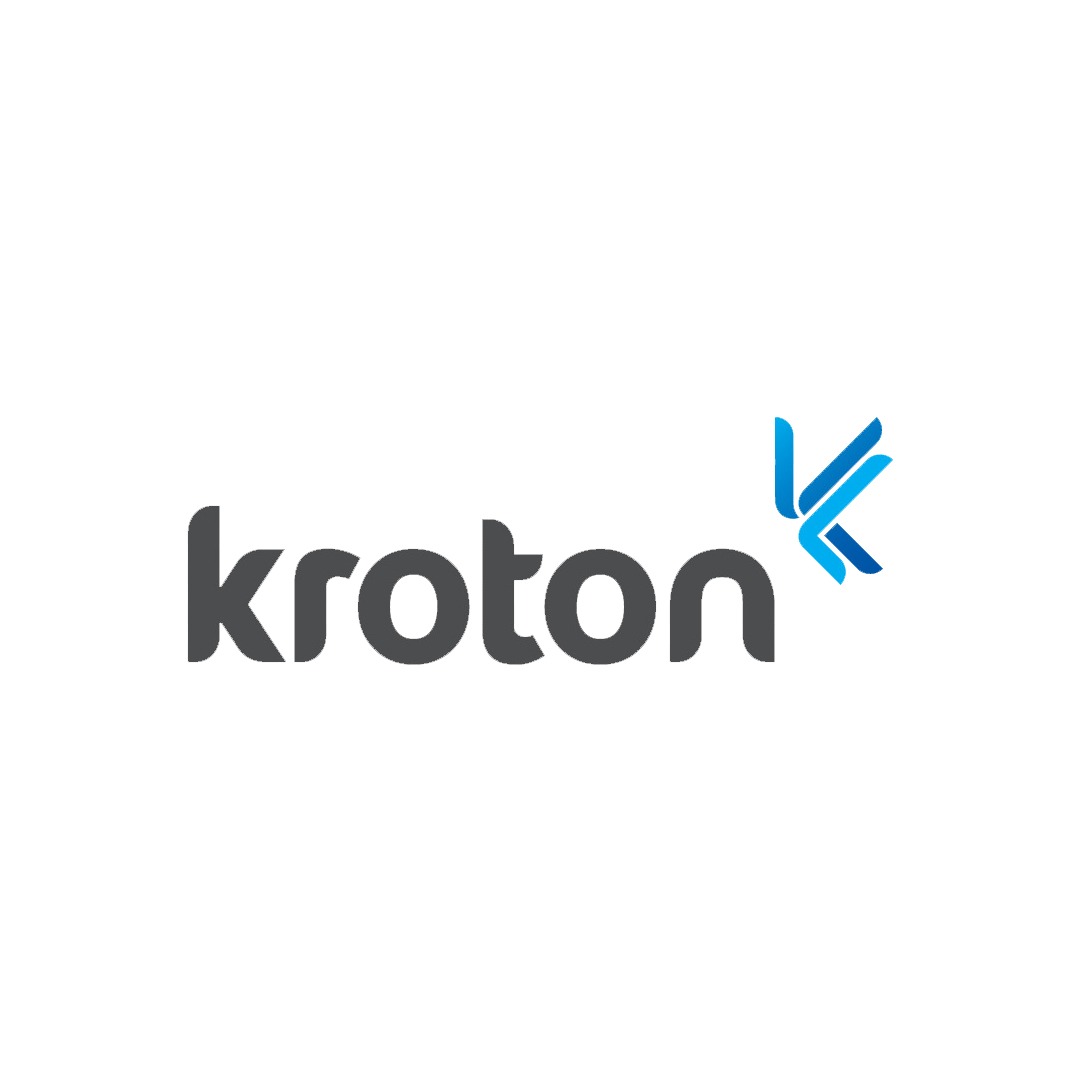
Cliente dal 2017
"Ottima azienda, mi hanno salvato da un grosso problema! Consiglio, servizio veloce, i miei ringraziamenti al team di Digital Recovery per l'attenzione e la rapida soluzione del problema! Mostra"
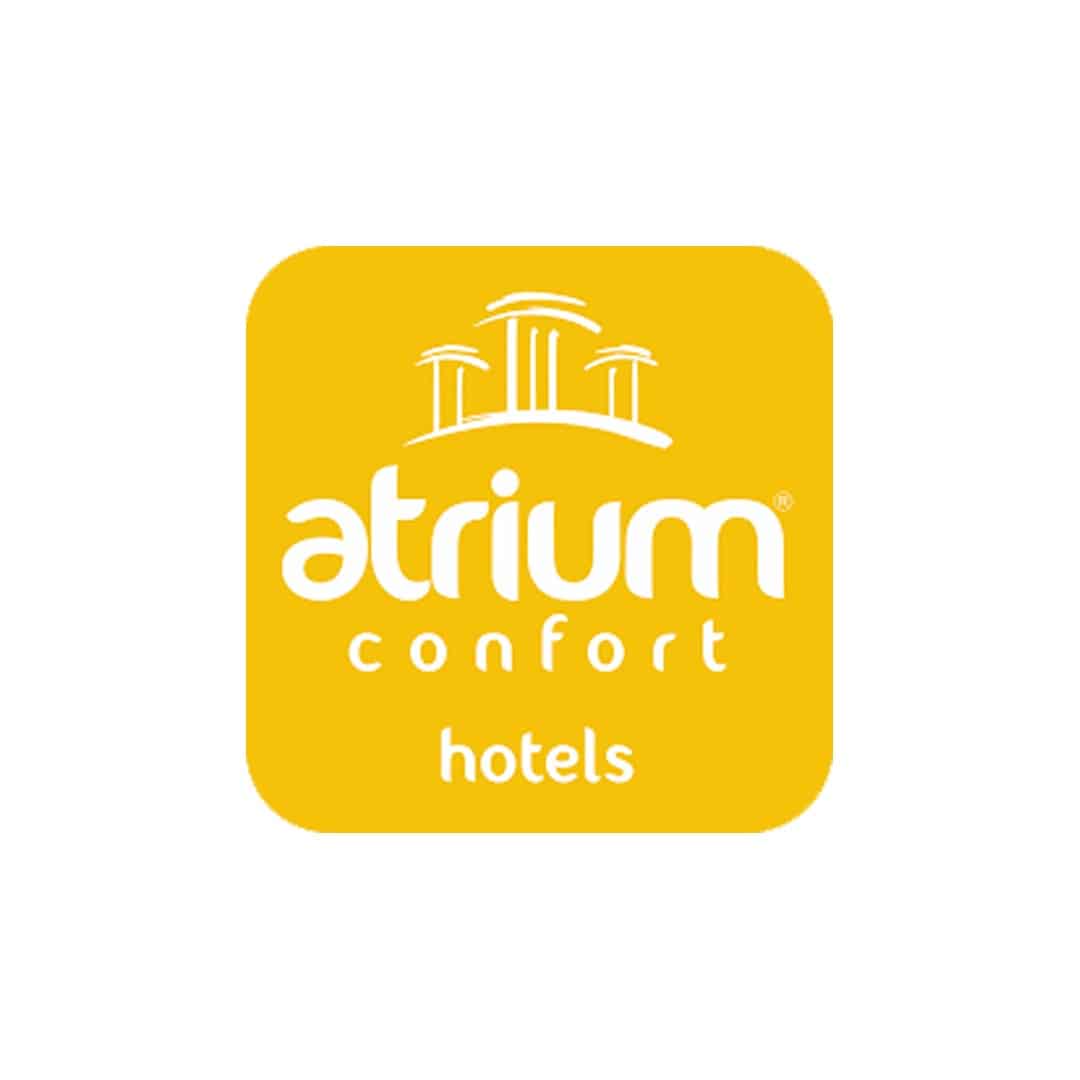
"È la seconda volta che conto con l'agilità e la professionalità del team di Digital Recovery, sono molto esperti e agili. Raccomando a tutti"
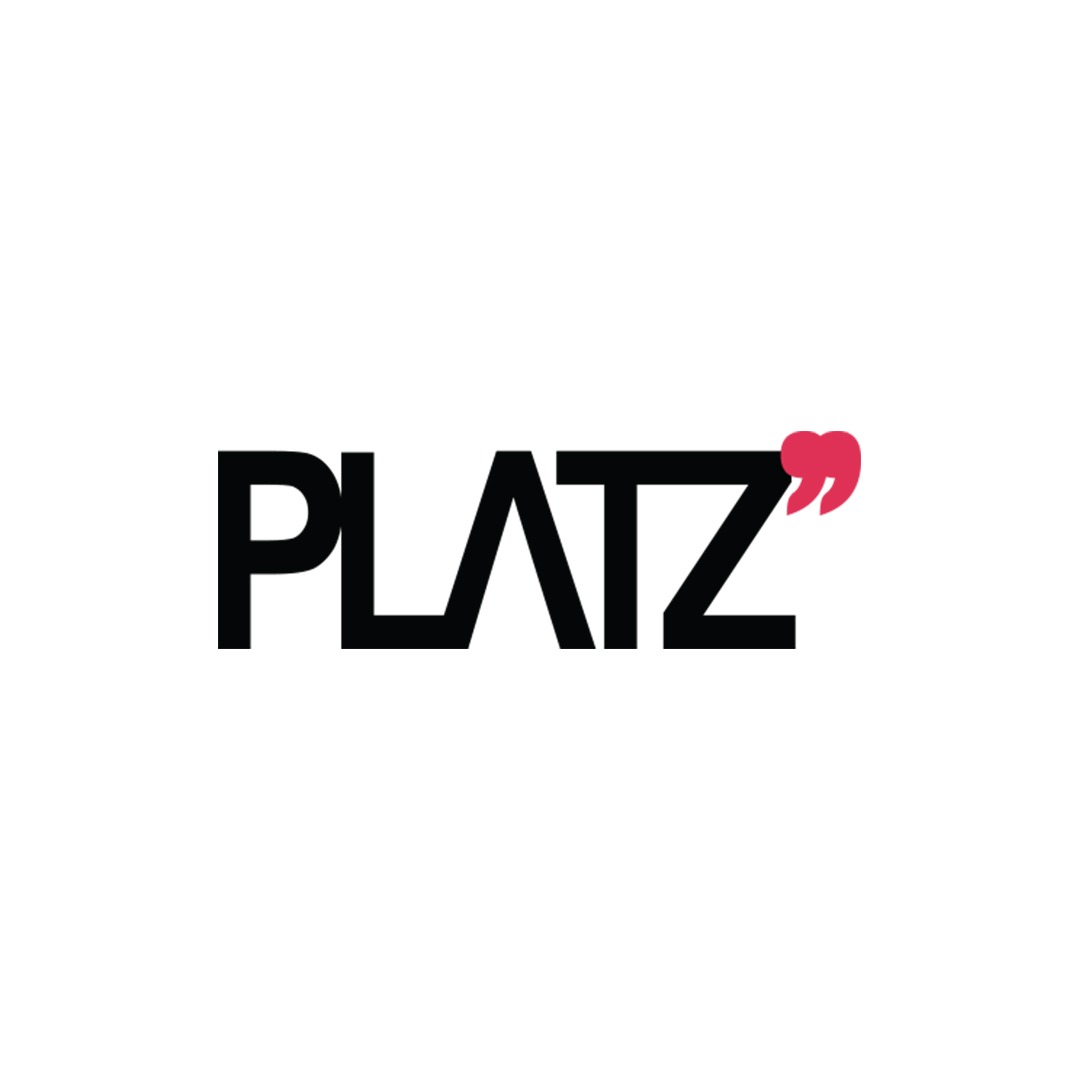
"Mi hanno aiutato a recuperare alcuni dati che pensavo fossero andati persi. Ho avuto un'ottima esperienza con il team per la sua calma, agilità e trasparenza."
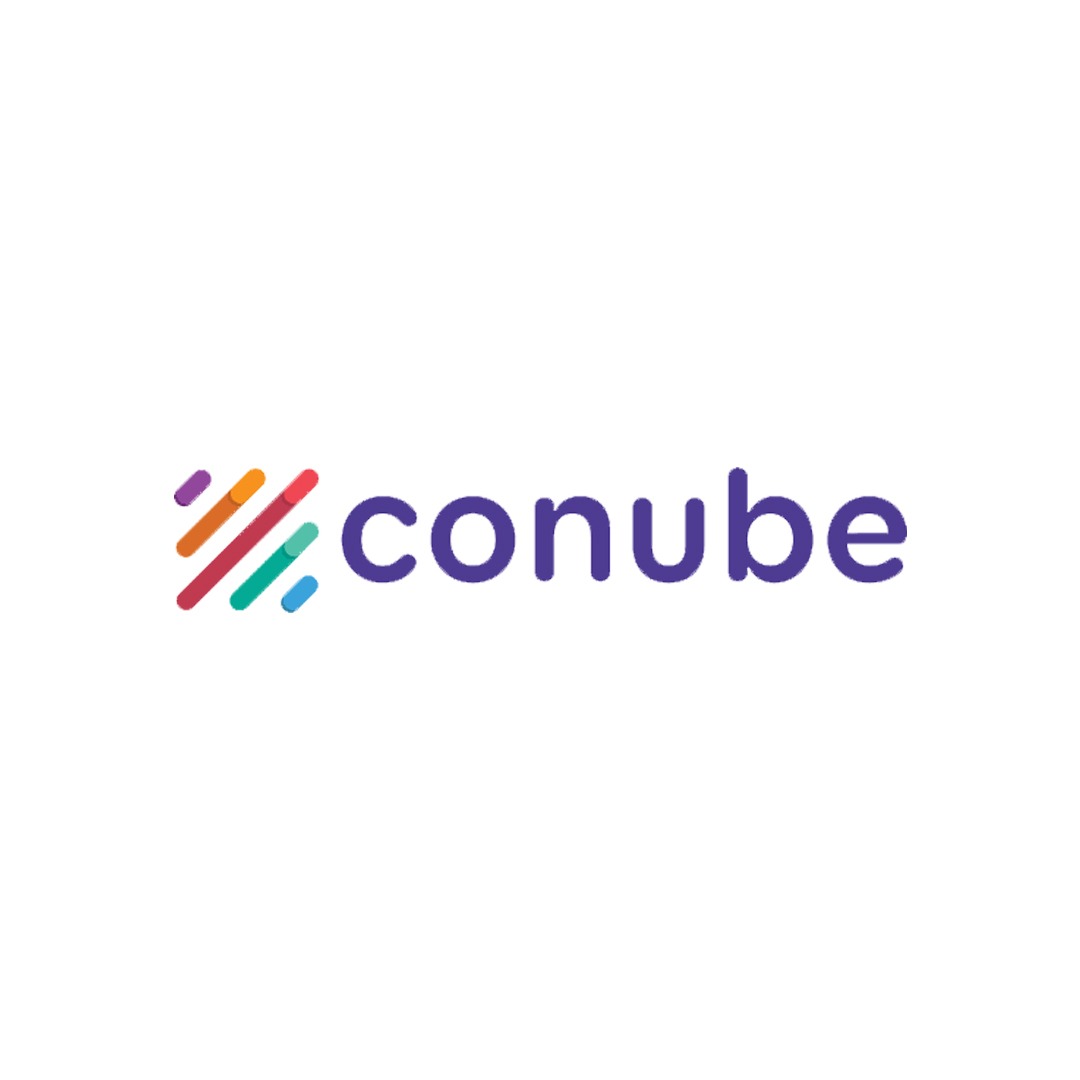






Le risposte dei nostri esperti
Grazie alla nostra tecnologia proprietaria, siamo in grado di recuperare i file colpiti da ransomware Yqal. Tuttavia, per fare ciò, è necessaria una conoscenza approfondita del dispositivo di archiviazione che è stato attaccato. Senza questa conoscenza, i file potrebbero essere danneggiati irreparabilmente. I nostri specialisti hanno una vasta esperienza nella gestione di diversi tipi di dispositivi di archiviazione, tra cui sistemi RAID, storage (NAS, DAS, SAN), database, server, macchine virtuali e altri. Questo ci consente di individuare e ricostruire la maggior parte dei file crittografati con successo.
Come scegliere un'azienda per decriptare i miei dati colpiti da Yqal?
Poche aziende al mondo sono in grado di decriptare i file ransomware Yqal, quindi le informazioni su questa possibilità sono scarse, al punto che molti credono che il recupero sia impossibile. Inoltre, ci sono molte informazioni errate che affermano che la decrittazione non è possibile.
E in mezzo a tutto questo ci sono aziende serie che hanno sviluppato queste soluzioni, come la Digital Recovery.
Le informazioni su questi processi e sui clienti sono riservate, quindi le testimonianze ufficiali sono scarse.
Alla luce di tutto ciò, è importante cercare aziende serie e con diversi anni di esperienza nel mercato del recupero dati, che mettano a disposizione del cliente un esperto con cui comunicare fin dal primo contatto.
Quanto costa il processo di decriptazione del ransomware Yqal?
Il prezzo del processo di decrittazione dei file ransomware Yqal non può essere determinato a priori, poiché è necessaria una diagnosi iniziale per valutare l’entità del danno e determinare se la decriptazione dei file è fattibile o meno.
Dopo la diagnosi iniziale, viene presentata un’offerta economica al cliente, che deve essere accettata prima dell’inizio del processo di recupero dei dati. Il pagamento viene effettuato solo dopo che il cliente ha convalidato la qualità dei file recuperati.
Negoziare con gli hacker di Yqal è una buona opzione?
I criminali che utilizzano ransomware mirano a causare panico e stress nella vittima, spingendola a contattarli per cercare di risolvere il problema. In questo stato di ansia, la vittima potrebbe acconsentire al pagamento del riscatto.
Per questo motivo, è importante non cedere alla pressione e non contattare i criminali. Al contrario, è consigliabile rivolgersi a professionisti specializzati nel settore del recupero dati, che possano analizzare l’attacco Yqal e valutare le opzioni di ripristino. In questo modo, la vittima può prendere decisioni consapevoli sulla gestione dell’attacco e ridurre al minimo il rischio di perdere definitivamente i propri dati.
Gli ultimi approfondimenti dei nostri esperti

La perdita di dati, un rischio reale e presente!
La perdita di dati è un problema critico che colpisce individui, aziende e organizzazioni di tutte le dimensioni e può avere conseguenze devastanti, dalla perdita
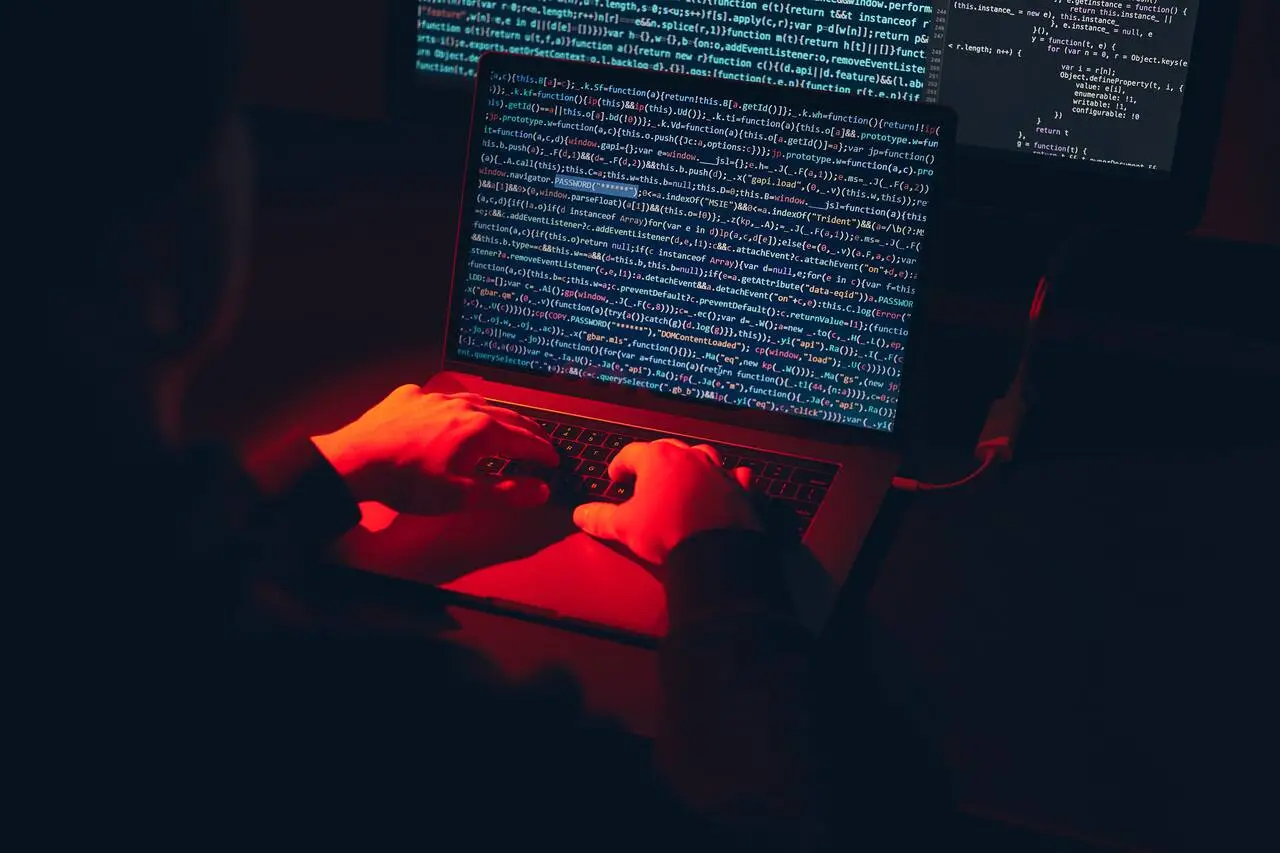
Che cos’è un attacco zero-day?
Un attacco zero-day è un tipo di minaccia informatica che sfrutta una vulnerabilità del software sconosciuta agli sviluppatori o ai produttori del software in questione.
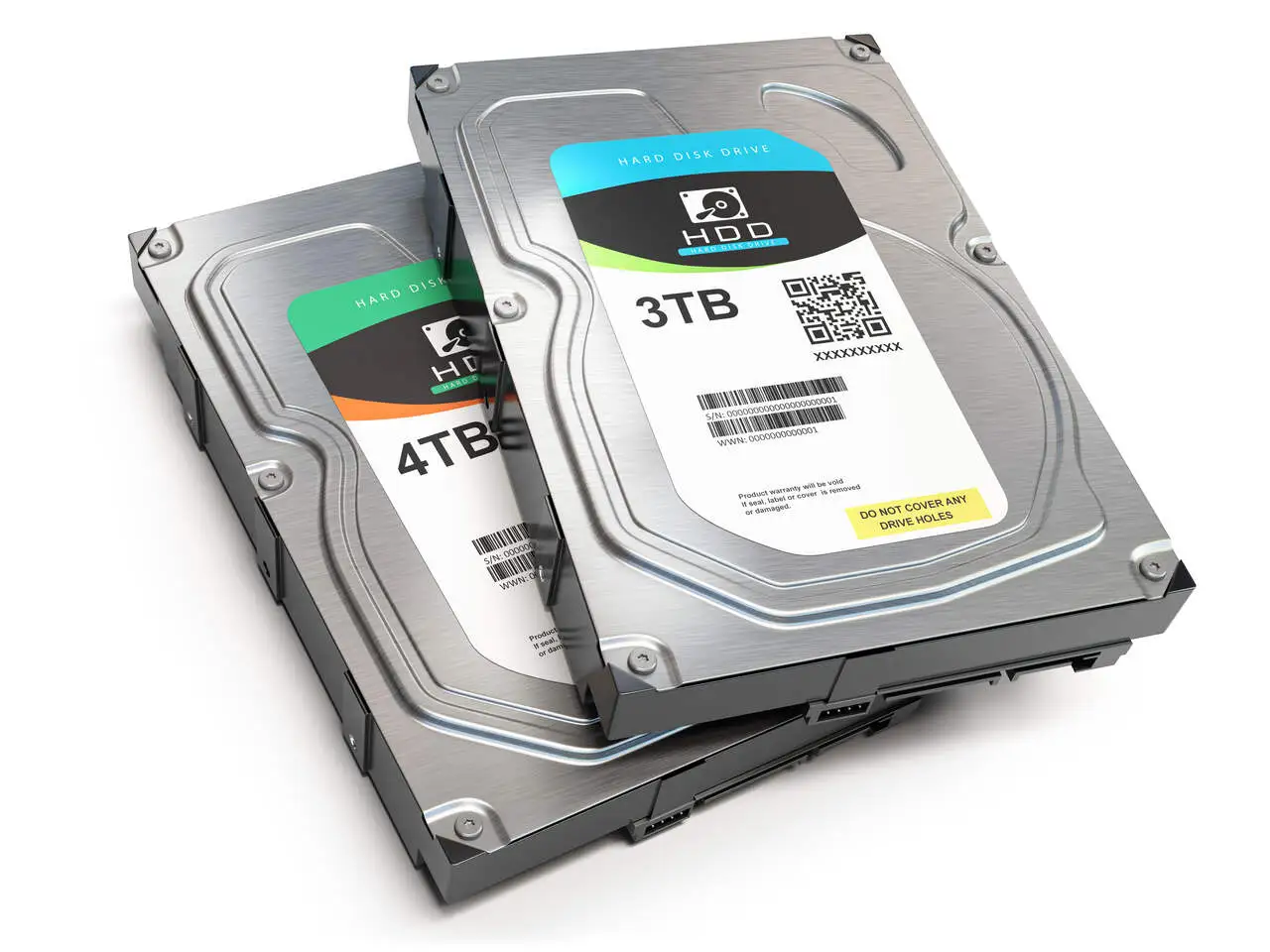
I migliori marchi HD
Quando si parla delle migliori marche di dischi rigidi, è importante considerare vari aspetti come l’affidabilità, le prestazioni, la capacità di archiviazione e il rapporto
Cosa c'è da sapere
Come prevenire un attacco ransomware Yqal?
Ci sono alcune precauzioni che si possono prendere per prevenire un attacco ransomware Yqal, tra cui:
- Mantenere il sistema operativo e i software aggiornati: i produttori rilasciano costantemente aggiornamenti di sicurezza che correggono eventuali vulnerabilità presenti.
- Utilizzare software antivirus e firewall: questi strumenti possono aiutare a rilevare e prevenire gli attacchi ransomware.
- Fare attenzione ai messaggi di posta elettronica: non aprire allegati o cliccare su link sospetti provenienti da mittenti sconosciuti.
- Effettuare il backup dei dati: è importante creare regolarmente una copia dei dati importanti in modo che, in caso di attacco ransomware, sia possibile recuperare i file senza dover pagare il riscatto.
- Formazione dei dipendenti: è importante che tutti i dipendenti siano a conoscenza dei rischi e siano formati per evitare di cadere in trappola, ad esempio, evitando di aprire allegati sospetti o cliccare su link sconosciuti.
Prendere queste precauzioni può aiutare a ridurre il rischio di attacchi ransomware Yqal, ma è importante ricordare che nessuna soluzione è completamente sicura e che è sempre possibile essere colpiti da un attacco. In caso di attacco ransomware, è importante agire rapidamente e rivolgersi a professionisti del settore.
Qual è il mezzo di accesso più comunemente utilizzato dagli hacker di Yqal per introdursi negli ambienti?
Esistono diverse strategie utilizzate dai criminali, le principali sono: Download di file infetti, link dannosi, attacchi via RDP, Phishing, campagne di e-mail di spam, tra gli altri.
Tutti hanno la stessa intenzione, quella di accedere al sistema della vittima senza che questa se ne accorga. Per farlo, il ransomware si mimetizza nel sistema in modo da non essere rilevato dai sistemi di difesa.
Nelle tattiche che dipendono dall’azione di un utente, vengono applicate tattiche di phishing in modo che la vittima scarichi inconsapevolmente il ransomware Yqal nel sistema.
Esiste un comportamento del mio server che posso analizzare per sapere se sono stato attaccato da un Ransomware Yqal?
Sì, esistono alcuni comportamenti che potrebbero indicare un possibile attacco ransomware Yqal sul tuo server, ad esempio:
- Aumento della quantità di file crittografati: se noti un aumento del numero di file crittografati sul tuo server, potrebbe essere un segnale di un attacco ransomware in corso.
- Modifiche ai nomi dei file: se noti che i nomi dei file sono stati modificati con estensioni insolite o sconosciute, potrebbe indicare che i file sono stati criptati da un ransomware.
- Messaggi di riscatto: se visualizzi messaggi di richiesta di riscatto sul tuo server o sui computer collegati, potrebbe essere un segnale di attacco ransomware.
- Attività anomale del processo: se noti che i processi sul tuo server stanno funzionando in modo anomalo o che ci sono processi sconosciuti che si eseguono, potrebbe indicare un possibile attacco ransomware.
- Traffico di rete sospetto: se noti un aumento del traffico di rete in uscita verso destinazioni sconosciute, potrebbe essere un segnale di attacco ransomware.
È importante monitorare regolarmente il tuo server per individuare eventuali attività sospette o comportamenti anomali, al fine di identificare tempestivamente un possibile attacco ransomware Yqal. Inoltre, è sempre consigliabile mantenere aggiornati i sistemi operativi e le applicazioni, utilizzare software antivirus e firewall affidabili e sensibilizzare gli utenti sulle migliori pratiche di sicurezza informatica.
Cosa succede se non pago il riscatto a Yqal?
Se non si paga il riscatto agli hacker di Yqal, ci possono essere diverse conseguenze:
- Perdita dei dati: gli hacker potrebbero eliminare permanentemente i file crittografati, rendendo impossibile il loro recupero.
- Diffusione dei dati: gli hacker potrebbero minacciare di divulgare i dati sensibili o privati rubati, causando danni reputazionali e finanziari.
- Richieste di pagamento aggiuntive: gli hacker potrebbero continuare a richiedere ulteriori pagamenti, nonostante il primo rifiuto.
- Nuovi attacchi: se gli hacker hanno già avuto accesso al sistema, potrebbero tentare di attaccare nuovamente o di diffondere il ransomware ad altri sistemi.
È importante notare che pagare il riscatto non garantisce necessariamente il ripristino dei dati. Inoltre, pagare il riscatto incoraggia gli hacker di Yqal a continuare a utilizzare tattiche di ransomware contro altre vittime. La migliore strategia per affrontare un attacco ransomware Yqal è quella di avere un piano di sicurezza robusto e di sicurezza dei dati, nonché di cercare l’aiuto di esperti in sicurezza informatica.


